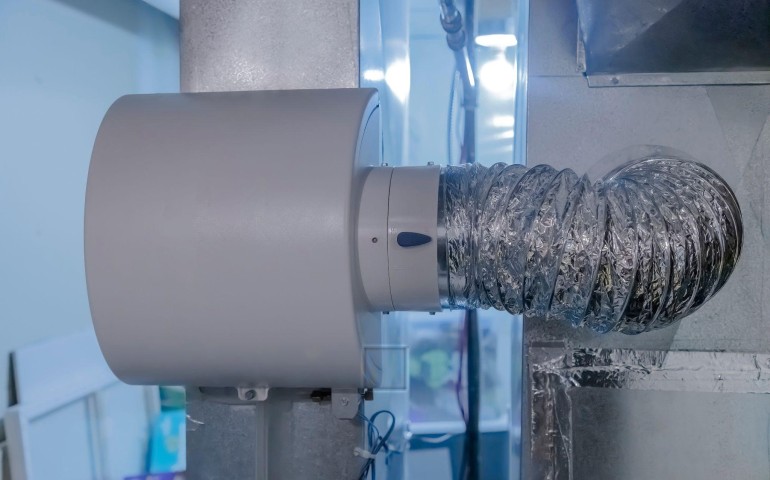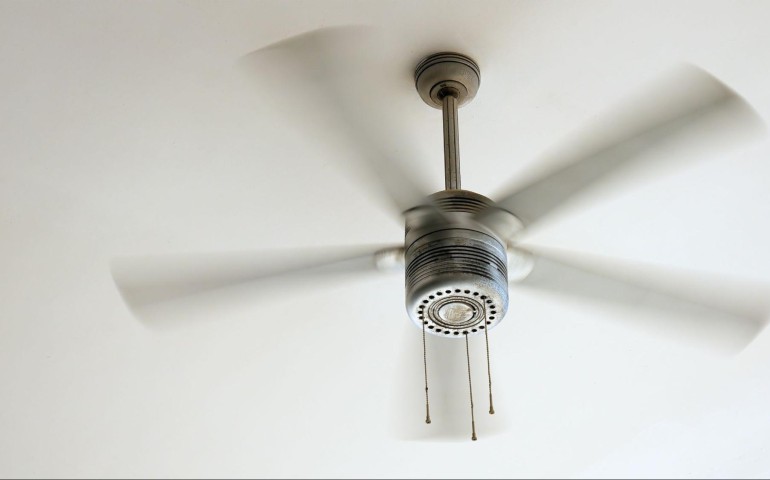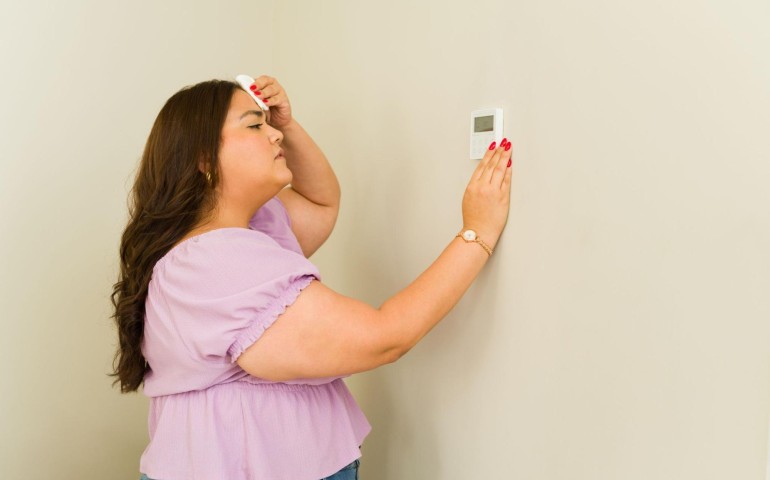How Summer Affects Your Indoor Air Quality
When you think about summer, you picture sunshine, backyard BBQs, and trips to the lake. But what often goes unnoticed during the warmer months is how summer indoor air quality can silently decline and not in a good way.
Most people focus on beating the heat, causing them to overlook the indoor air pollutants that become more problematic during the summer. Rising temperatures, higher humidity, and more allergens worsen air quality in the summer.
How Does Heat Affect Indoor Air Quality
As temperatures rise, so does the presence of indoor pollutants. With homes sealed up to keep the AC in, these pollutants often linger longer, contributing to a stuffy and potentially unhealthy indoor environment.
Hot weather makes indoor air stale, especially in homes with poor ventilation. This lets pollutants build up and reduces air freshness.
Does Humidity Affect Air Quality?
Summer humidity isn’t just uncomfortable. It creates the perfect environment for mold, mildew, and dust mites to thrive. When indoor humidity levels climb above 60%, these allergens can grow rapidly, affecting your home and health. By managing the moisture levels in your home, you're directly improving your summer indoor air quality.
To keep your air clear and dry:
- Use dehumidifiers, especially in basements or poorly ventilated areas.
- Ensure that you properly vent bathrooms and kitchens with exhaust fans.
- Consider a humidity monitor to keep levels between 30–50%.
Why Summer Is Ideal for Mold
Warmth and moisture are mold’s best friends. Unfortunately, summer brings both in abundance in bathrooms, kitchens, basements, and even around AC units.
Any damp place is at risk during the summer months. Mold can start growing in as little as 24–48 hours. Preventing mold is all about staying ahead of moisture:
- Use exhaust fans in high-moisture areas.
- Check for leaks and ensure proper insulation.
- Clean and dry damp spots quickly.
There is a direct link between humidity and air quality. The more moisture, the higher the risk for mold and mildew, which can seriously affect IAQ.
Common Summer Allergens
Pollen from trees, grasses, and weeds is rampant during summer, and it enters your home on clothes, pets, and through open windows. Combine that with indoor dust and mold spores, and you have a cocktail of irritants that can seriously compromise your IAQ. It’s essential to monitor your indoor air quality so you know when the level of allergens is getting high.
How Allergens Affect Your Health
Poor IAQ can trigger allergies, asthma, and respiratory issues, especially in children and the elderly. Common symptoms are sneezing, itchy eyes, congestion, and tiredness. These symptoms get worse in the summer when air quality is worse.
Reducing Allergen Exposure
Here are some simple ways to keep allergens under control:
- Keep windows closed during high pollen days.
- Run an air purifier with a HEPA filter.
- Stick to a regular cleaning routine, including dusting with microfiber cloths and vacuuming with a HEPA-filter vacuum.
How Air Conditioning Impacts Indoor Air Quality
Air conditioning is a summer essential, but its use can improve or worsen IAQ. AC systems help circulate and filter air, reducing heat and some airborne particles. However, neglecting AC units can cause them to collect dust, mold, and bacteria that blow into your home.
Potential Negative Impacts of AC
Without regular maintenance, AC units can become part of the problem:
- Dirty filters can spread dust, mold, and bacteria.
- Stale air can circulate when there’s no fresh airflow.
- Inefficient or malfunctioning AC systems can cause excess humidity.
Positive Aspects of AC for IAQ
Well-maintained AC systems offer many indoor air quality benefits, such as:
- Filtering out pollutants like pet dander, pollen, and dust.
- Promoting consistent airflow, preventing stagnant air pockets.
- Helping control humidity, especially in newer models with built-in humidity settings.
6 Tips for Maintaining Good Indoor Air Quality in Summer
Here’s a quick checklist to improve your summer indoor air quality:
- Change AC filters regularly.
- Use dehumidifiers and exhaust fans.
- Limit pollen entry by keeping doors and windows closed.
- Clean your home frequently.
- Ensure your AC system is professionally maintained.
- Use air purifiers in high-traffic or allergy-prone areas.
Ardmore Can Help Improve The Air in Your Home
Take charge of your air this summer. Your lungs and your family will thank you.
With a bit of knowledge and a few proactive steps, you can enjoy a cool, comfortable home full of fresh air.
At Ardmore Fresh Air, we’re here to help you breathe easier. Whether you need better ventilation, an AC tune-up, or help managing humidity, our experts are just a call away.






